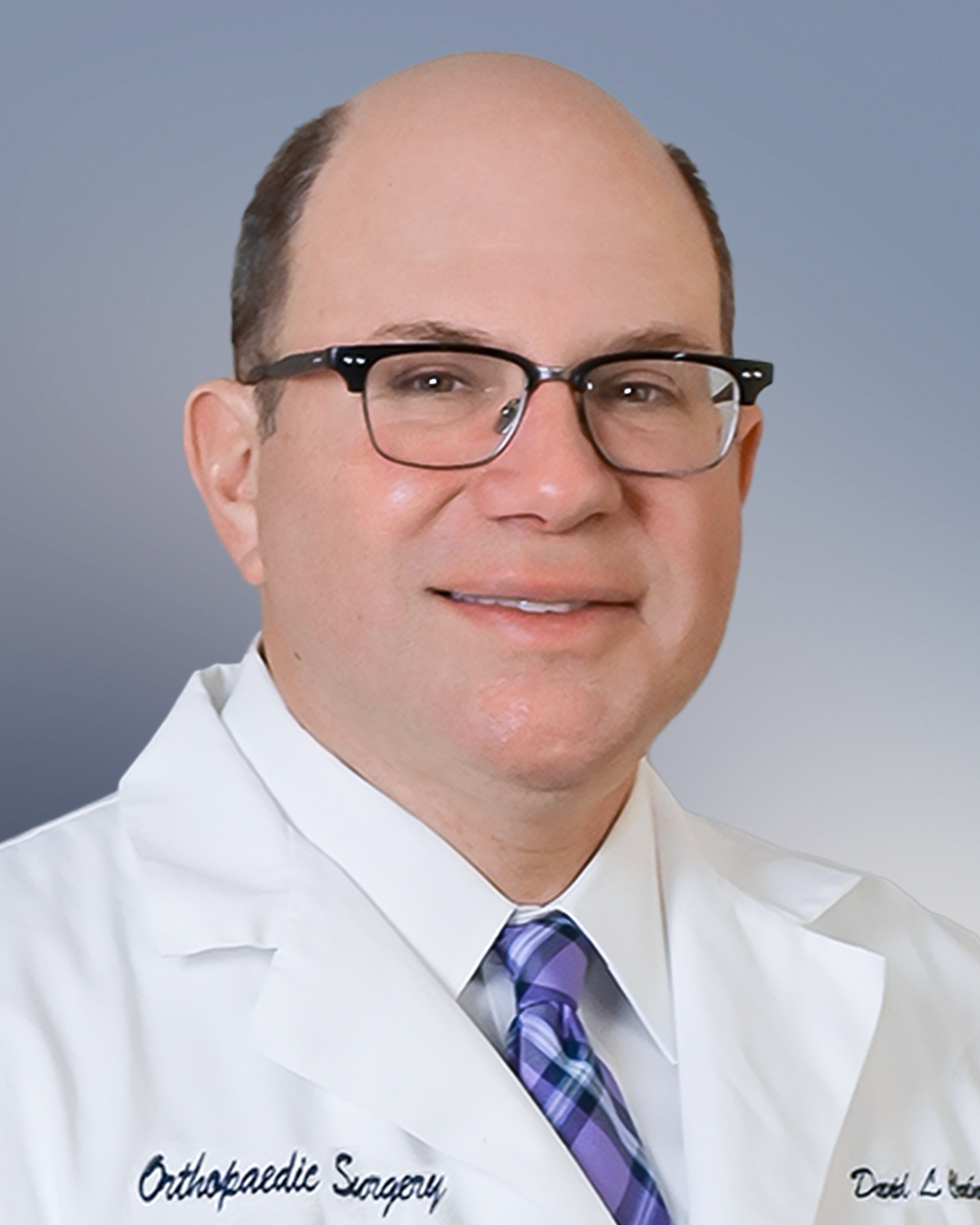Hip Replacement Surgery: Doctors & Recovery
Hip replacement surgery may be an option for you if arthritis pain has limited your mobility and your pain has not improved with nonsurgical treatment options. At Seaview, our board-certified orthopedic hip replacement surgeons perform hip replacements on a weekly basis, if not more often. They offer the latest advances in hip replacement surgery to ensure that you achieve the best results possible from your surgery, including greater mobility and improved quality of life.
Meet Our Orthopedic Hip Replacement Surgeons
To learn more about hip replacement surgery and if this surgery is right for you, be sure to schedule an appointment with one of our hip replacement surgeons.
How Arthritis Affects Your Hip
The hip is a “ball and socket” joint. The ball-shaped head at the upper end of the femur (thighbone) fits into a socket in the pelvic bone. The surfaces of the joint are covered with articular cartilage, which cushions the joint and allows for smooth movement. The synovial membrane, a thin tissue that secretes a small amount of fluid to lubricate the joint, also surrounds the hip joint.
Over time, arthritis can wear down or damage the articular cartilage, eventually to the point that the bones begin to rub together. This can cause severe pain and stiffness in the hip, making it difficult for you to perform even simple movements like walking, bending, or sitting.
Nonsurgical treatments like anti-inflammatory medications, physical therapy, and injections are used initially to treat hip pain caused by arthritis. At Seaview, we also offer hip preservation techniques to preserve remaining healthy cartilage in the hip, helping patients delay or avoid the need for surgery.
For some patients, however, arthritis damage progresses to the point that nonsurgical and hip preservation techniques are not sufficient in relieving hip pain. For these patients, hip replacement surgery may be an option. Other signs and symptoms may result in needing a hip replacement as well.
Is Hip Replacement Surgery Right for You?
Have you considered hip replacement surgery to help improve your arthritis pain? Here are some facts that may help in making your decision:
- There is no way to reverse cartilage damage in the hip caused by arthritis. The state of your hip arthritis will not improve over time. In fact, it will generally get worse as time goes by. There are no exercises, diets, vitamins, or minerals that will make any difference.
- The rate at which a patient’s condition deteriorates can vary greatly from person to person. For one person, the pain may become unbearable within 6 months. For another person with the same degree of arthritis, the pain may remain at a tolerable level for several years.
- More than 98 percent of patients who have had a hip replacement operation has no major complications that leave them in any way dissatisfied with the surgery.
- The longer your arthritis forces you to restrict your activity, the softer your bones become, and the weaker your muscles become.
- If your pain and disability are not responding to conservative measures, you will likely need to have a hip replacement at some point.
Why put it off for another year or two when you could have spent that time enjoying your life free of pain?
What Happens During Hip Replacement Surgery?
The goal of hip replacement surgery is to alleviate hip pain caused by arthritis and enable you to participate in everyday activities with better hip function. To achieve this, your orthopedic surgeon will replace the damaged portions of the hip joint with prosthetic components.
During the procedure, your orthopedic surgeon will remove the “ball” portion of the hip joint and replace it with a stemmed ball-shaped prosthetic made of either metal or ceramic. The hip socket will also be resurfaced with a cup made of ceramic or metal that may be lined with a plastic cup. The ball component fits into the cup, creating the new hip joint.
What are the Different Approaches for Hip Replacement Surgery?
There are several different approaches orthopedic surgeons may use to perform a hip replacement that differs based on the location of the incision. At Seaview, our orthopedic surgeons prefer the direct anterior approach. With the direct anterior approach, the incision is made at the front of the hip, as opposed to traditional approaches that involve incisions at the side or back of the hip. Because the incision is smaller, our orthopedic surgeons do not need to detach any muscles or tendons to access the hip joint.
This allows for quicker recovery times with less pain and fewer restrictions after surgery.
At Seaview, our orthopedic surgeons can also offer Birmingham Surface Replacement, a type of hip replacement that involves a metal cap over the “ball” portion of the hip and a metal socket. This procedure may be recommended for younger, more active patients who still have good bone quality in the hip. However, the incision is typically longer than a regular hip replacement procedure because bone is not removed, which makes it more difficult for the surgeon to access the socket through a smaller incision. Recovery is similar to a typical hip replacement.
Recovering from Hip Replacement Surgery
After hip replacement surgery, you will need to stay in the hospital for 1-3 days before going home. After being discharged from the hospital, you will begin working with a physical therapist. Physical therapy is a critical component of recovery from hip replacement surgery, as it will help you with mobility and strengthening the new hip.
At Seaview, we offer physical therapy services on-site in all six of our offices. Patients typically participate in physical therapy for 6 weeks after surgery. Also, patients take prescribed pain medication for 2-3 weeks after surgery to help with pain and may need help getting around for the first few weeks.
Most patients are able to return to everyday activities without assistance within 3-6 weeks after surgery.
Hip Replacement Surgery in Central New Jersey and Jersey Shore
At Seaview, our New Jersey orthopedic surgeons are fellowship-trained in adult reconstruction surgery and are board-certified. If you think hip replacement surgery may be right for you, please call our office at (732) 660-6200 to set up an appointment. You may also book appointments online via our website for any of our six NJ office locations.
Schedule An Appointment with Our Hip Replacement Surgeons






